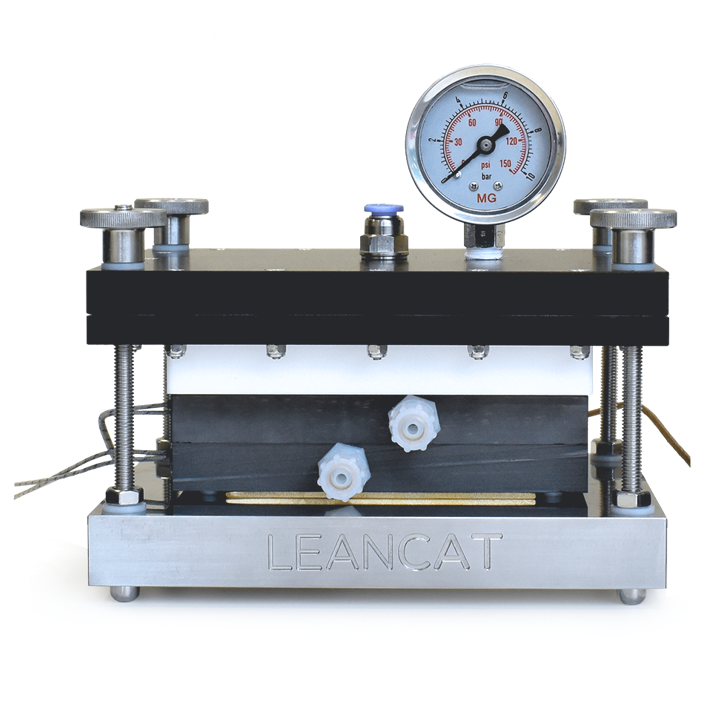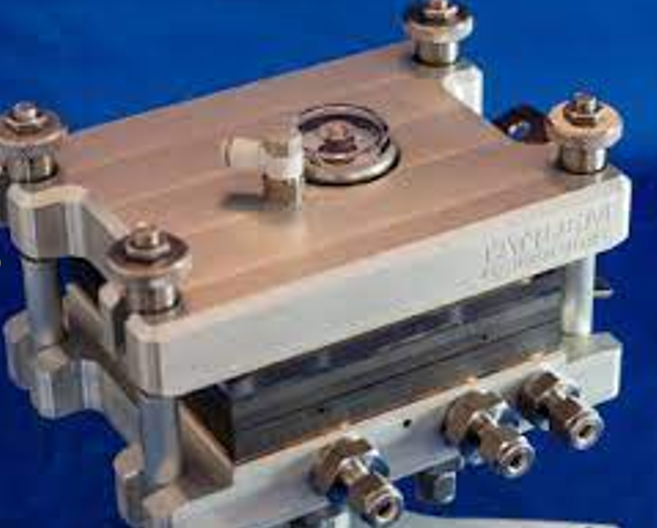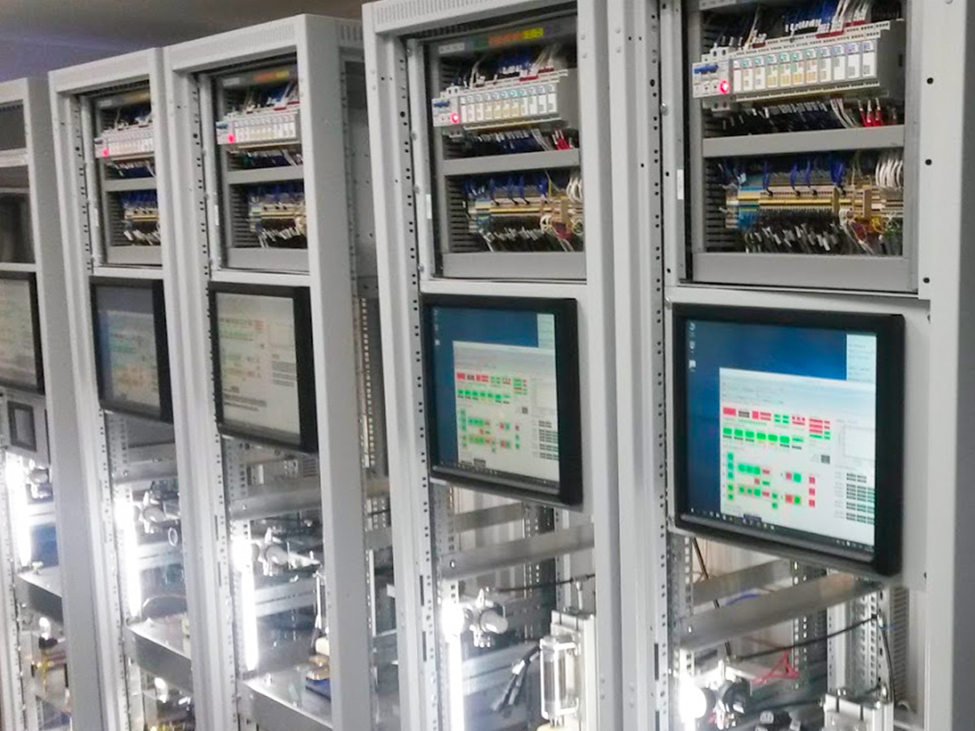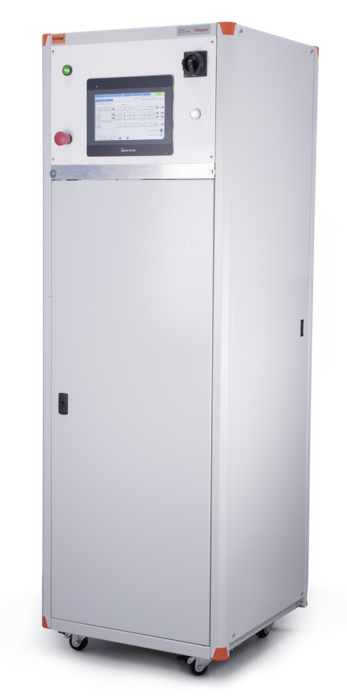

The technique of testing catalysts in a full cell setup is valuable for assessing factors that significantly impact fuel cell operation but cannot be evaluated using the (R)RDE setup alone. Besides characterization of real-world catalyst performance, it provides information on water management, transport of reactants and products, catalyst utilization and durability, membrane properties, and other critical aspects of fuel cell performance. This technique is used for understanding the effects of uneven gas distribution, contact resistance, gas crossover, self-humidification performance, and electrode gas permeability, which are essential for developing durable fuel cells on a large scale.
This technique can be found particularity useful when:
We offer fuel cell testing of HOR/ORR catalyst using single-cell, short-stack and full stack setups. Measurements can be performed on acidic or alkaline MEAs prepared by user or using facilities of HTC. Single cell setup can configured for different active areas in low-temperature (less than 80°C) and high-temperature (up to 200°C) configurations. Various components of MEA such as gas diffusion layers, catalyst coated and uncoated membranes, ionomers, etc., can be expensively tested in different gas humidities and cell temperature.





| yakovlevyv87@gmail.com | |
| +420-95155-2251 +420-95155-2763 |


| michal.vaclavu@gmail.com | |
| +420-95155-2763 +420-95155-2752 |
Lectures, interesting facts and information in the field of nanomaterials and hydrogen technology.
© 2021 Matematicko-fyzikální fakulta Univerzity Karlovy.
Všechna práva vyhrazena. | Cookies